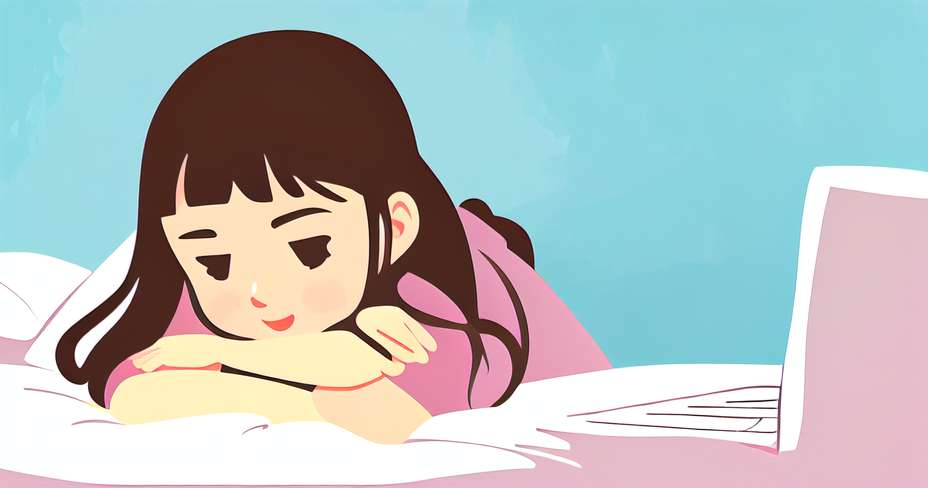Living spaces
April 2024

Teens are usually related to sleep too much . However, 10% of young people between 16 and 25 years of age chronically suffer from all insomnia symptoms .
For people who suffer from this alteration in the normal rest cycle, which translates into not being able to sleep, the night becomes unbearable and, with time, also the day. Several studies indicate that the chronic insomnia It causes loss of normal brain functions. Insomnia increasingly affects adolescents, immersed in the stressful society of the "here and now". Prevention is key so that it does not become a health problem .
The first symptoms often develop during the transition between adolescence and adulthood . A study from the Autonomous University of Madrid, says that chronic insomnia is diagnosed after spending at least a year without being able to sleep well. A night without an overnight stay is not equivalent to having insomnia, since the problem arises when this is repeated on numerous occasions and in a prolonged period . A distinction is made between transient insomnia (lasting less than four weeks), short-term (four weeks to three to six months) and chronic (more than six months).
According to the research it is very important to adequately assess insomnia to avoid health problems in adulthood. At night, the symptoms of insomnia are quite evident: difficulties to stay or stay asleep , have the feeling of a restless sleep or dwaking up early without being able to go back to sleep .
It should be noted, however, that these nocturnal signals are not the signs that are most taken into account when diagnosing a chronic insomnia. Daytime symptoms are the most valued. Young people with insomnia suffer during the day, more than wanting to sleep , daytime fatigue : sensation of physical tiredness or mental but without tendency to fall asleep. For this reason, you do not have to assume the tendency to fall asleep during class time. On the contrary, during the day, those who suffer insomnia suffer the same obstacle. Moreover, not only can they not sleep, but they have more symptoms, such as anxiety, difficulty concentrating and increased irritability .
Whatever the reason that leads to insomnia, you have to know the exact cause to get it treated. We must also take into account the severity: whether it is mild or light and with a minimum deterioration in the quality of life; if it is moderate, it causes irritability, anxiety or fatigue; or if it is the most severe form, when the symptoms are suffered with greater intensity. In many cases, enough analyze what behaviors can cause sleep impediment during the day, from feeding to feelings of nervousness , states of stress or excitement, feelings of guilt or real fears.